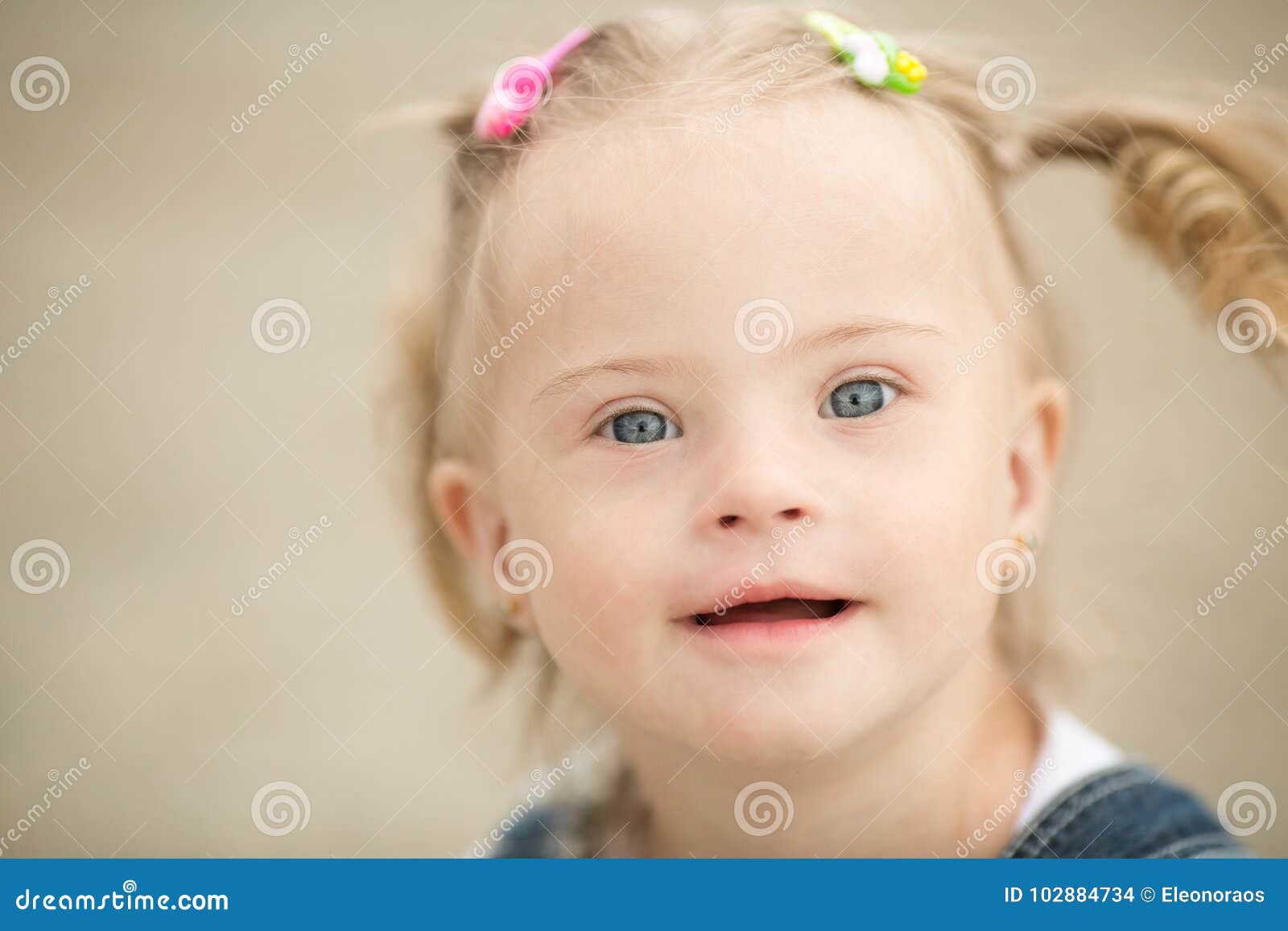Exploring The Beauty Of Down Syndrome: Embracing Diversity And Celebrating Individuality
In a world that often prioritizes conventional beauty, the beauty of Down syndrome offers a unique perspective on what it truly means to be beautiful. Individuals with Down syndrome possess a charm, warmth, and authenticity that challenge societal norms and redefine our understanding of beauty. Their presence in our lives enriches communities and inspires those around them to embrace diversity in all its forms.
Down syndrome, a genetic condition caused by an extra copy of chromosome 21, affects approximately 1 in 700 babies born worldwide. Despite the challenges associated with this condition, people with Down syndrome often radiate positivity, kindness, and resilience. Their contributions to society go beyond mere existence—they inspire those around them to adopt a more compassionate and inclusive worldview.
This article delves into the beauty of Down syndrome, exploring the unique qualities that make individuals with this condition so special. By examining their characteristics, achievements, and the impact they have on society, we aim to celebrate their individuality and promote greater understanding and acceptance.
Read also:Elizabeth Taylor And Michael Jackson The Iconic Friendship That Shaped Hollywood
Table of Contents
- What is Down Syndrome?
- Biological Aspects of Down Syndrome
- The Beauty of Down Syndrome
- Physical Characteristics
- Emotional Intelligence
- Achievements and Contributions
- Societal Impact
- Challenges Faced by Individuals with Down Syndrome
- Support Systems and Resources
- Conclusion
What is Down Syndrome?
Down syndrome is a genetic condition that occurs when an individual has an extra copy of chromosome 21. This additional genetic material alters the course of development and results in the characteristic features associated with Down syndrome. According to the Centers for Disease Control and Prevention (CDC), approximately 6,000 babies with Down syndrome are born in the United States each year.
There are three types of Down syndrome: trisomy 21, translocation Down syndrome, and mosaic Down syndrome. Trisomy 21, the most common form, accounts for about 95% of all cases. Each type has its own set of characteristics and implications for individuals and their families.
While Down syndrome presents unique challenges, individuals with this condition often lead fulfilling and meaningful lives. With proper support and resources, they can achieve personal and professional success, contributing positively to their communities.
Biological Aspects of Down Syndrome
Genetic Factors
The genetic basis of Down syndrome lies in the presence of an extra chromosome. Typically, humans have 46 chromosomes arranged in 23 pairs. However, individuals with Down syndrome have 47 chromosomes due to the extra copy of chromosome 21. This additional genetic material affects various aspects of development, including physical appearance, cognitive abilities, and health.
Types of Down Syndrome
- Trisomy 21: The most common type, where all cells contain the extra chromosome.
- Translocation Down Syndrome: A form where part of chromosome 21 attaches to another chromosome.
- Mosaic Down Syndrome: A rare type where only some cells contain the extra chromosome.
Understanding the biological aspects of Down syndrome is crucial for providing appropriate care and support for individuals with this condition. Advances in medical research continue to improve our understanding and enhance the quality of life for those affected.
The Beauty of Down Syndrome
The beauty of Down syndrome lies in the unique qualities that individuals with this condition possess. Their genuine warmth, kindness, and resilience challenge societal norms and redefine what it means to be beautiful. In a world that often emphasizes physical appearance, the beauty of Down syndrome reminds us that true beauty comes from within.
Read also:Films Like The Princess Diaries A Comprehensive Guide For Fans
Individuals with Down syndrome often exhibit a level of emotional intelligence that surpasses that of their peers. Their ability to connect with others on a deep emotional level fosters meaningful relationships and enriches the lives of those around them. This emotional depth contributes to their beauty and makes them invaluable members of society.
Moreover, their unwavering optimism and determination inspire those around them to adopt a more positive outlook on life. The beauty of Down syndrome lies not only in their physical characteristics but also in their ability to bring joy and positivity to the world.
Physical Characteristics
Individuals with Down syndrome often exhibit distinct physical characteristics that are associated with the condition. These include:
- Flattened facial features
- Upward-slanting eyes
- Short neck
- Small ears
- Broad, short hands with a single crease across the palm
While these characteristics may differ in severity from person to person, they contribute to the unique appearance of individuals with Down syndrome. It's important to remember that these physical traits do not define their worth or potential. Instead, they add to the diversity and richness of human experience.
Emotional Intelligence
Understanding Emotional Intelligence
Emotional intelligence refers to the ability to recognize, understand, and manage one's own emotions, as well as the emotions of others. Individuals with Down syndrome often possess a high level of emotional intelligence, which enables them to form strong connections with those around them.
Strengths in Emotional Intelligence
- Empathy: Individuals with Down syndrome are often highly empathetic, able to sense and respond to the emotions of others.
- Kindness: Their inherent kindness and generosity make them exceptional friends and family members.
- Resilience: Despite facing challenges, they exhibit remarkable resilience and determination.
Their emotional intelligence not only benefits them but also enriches the lives of those they interact with, fostering a sense of community and belonging.
Achievements and Contributions
Individuals with Down syndrome have made significant achievements and contributions across various fields. From excelling in the arts to participating in sports, they continue to break barriers and challenge societal expectations. Some notable achievements include:
- Participation in Special Olympics, where athletes with Down syndrome compete and showcase their talents.
- Success in creative fields such as acting, music, and visual arts.
- Advocacy work, where individuals with Down syndrome raise awareness and promote inclusion.
These achievements highlight the potential of individuals with Down syndrome and demonstrate the importance of providing them with opportunities to thrive.
Societal Impact
The presence of individuals with Down syndrome in society has a profound impact on communities. They challenge stereotypes, promote inclusivity, and inspire others to adopt a more compassionate worldview. By embracing diversity and celebrating individuality, we create a more equitable and harmonious society.
Efforts to promote inclusion and accessibility for individuals with Down syndrome have gained momentum in recent years. Schools, workplaces, and public spaces are increasingly designed to accommodate the needs of all individuals, regardless of ability. This shift towards inclusivity benefits not only those with Down syndrome but also society as a whole.
Challenges Faced by Individuals with Down Syndrome
Despite their many strengths and achievements, individuals with Down syndrome face unique challenges. These challenges include:
- Cognitive and developmental delays
- Health issues such as heart defects and thyroid disorders
- Social stigma and discrimination
Addressing these challenges requires a concerted effort from families, communities, and governments. By providing appropriate support and resources, we can help individuals with Down syndrome overcome obstacles and achieve their full potential.
Support Systems and Resources
Family Support
Families play a crucial role in supporting individuals with Down syndrome. By providing love, encouragement, and guidance, they help their loved ones navigate the challenges they face. Support groups and counseling services offer additional resources for families navigating this journey.
Community Resources
Various organizations and programs exist to support individuals with Down syndrome and their families. These include:
- Early intervention programs
- Educational resources
- Vocational training
- Advocacy groups
Access to these resources empowers individuals with Down syndrome to lead fulfilling and independent lives.
Conclusion
The beauty of Down syndrome lies in the unique qualities and contributions of individuals with this condition. By embracing diversity and celebrating individuality, we create a more inclusive and compassionate society. The warmth, kindness, and resilience of individuals with Down syndrome inspire those around them to adopt a more positive and accepting worldview.
We encourage readers to share this article, leave comments, and explore other resources on Down syndrome. Together, we can promote greater understanding and acceptance, ensuring that individuals with Down syndrome receive the support and opportunities they deserve. Let us celebrate the beauty of Down syndrome and continue to champion inclusivity in all its forms.


